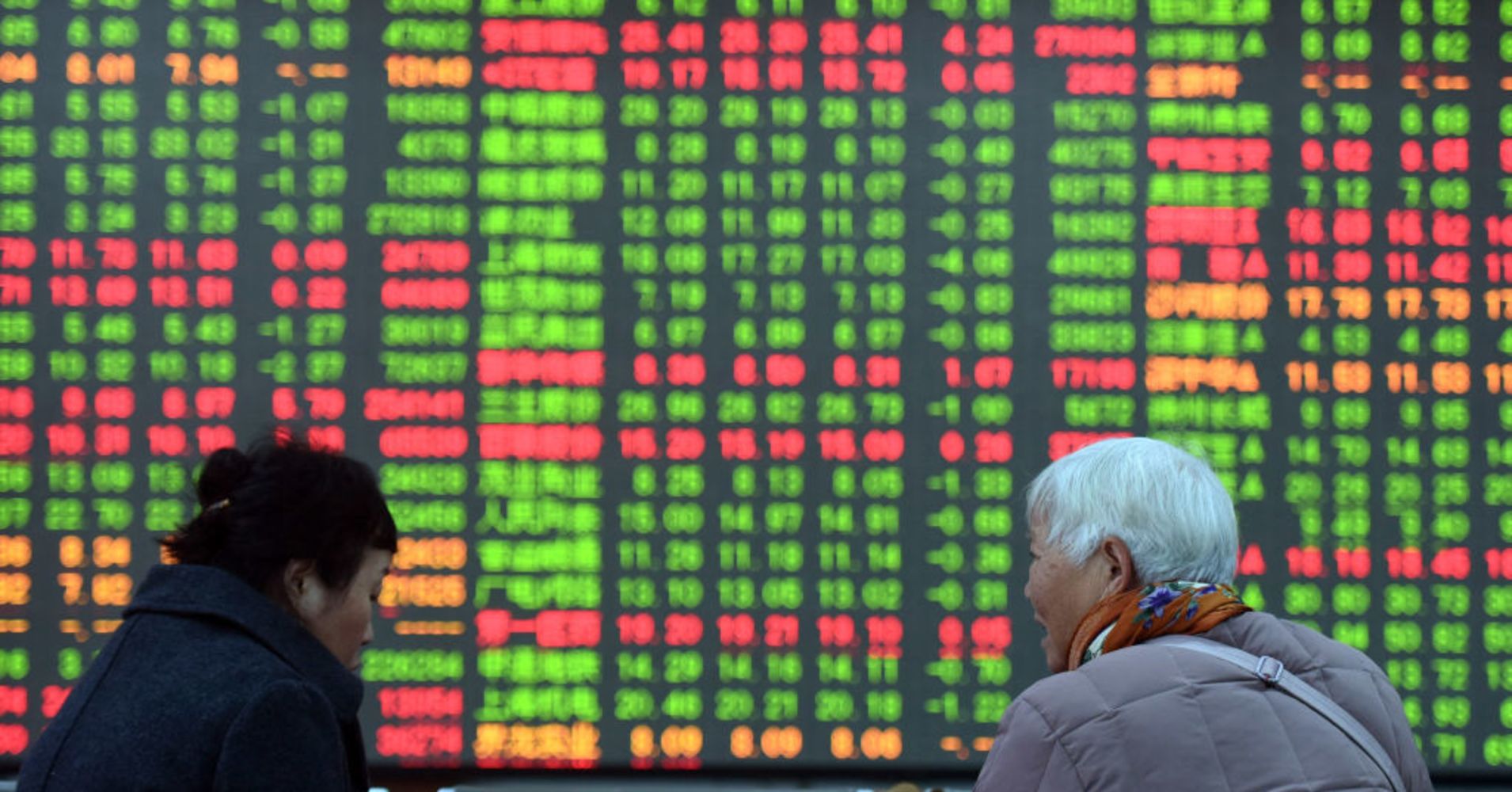Media Report

- CNBC reports: "Amid trade tensions, Chinese mainland stocks are down almost 30 percent since their peak in January. Despite that fall, the market is still an attractive medium-term buy, according to a top asset management firm. "We think that on a medium- to long-term horizon, the A-share market looks attractive, and we are looking for entry points," Amundi Asset Management analysts wrote in a note on Monday, referring to stocks traded on the mainland. The best opportunities are in domestic and consumption-driven stocks, they said. Bank and property shares are also potential steals, the note added."
- The Wall Street Journal reports: "An overlooked irony of the American trade dispute with China is that Donald Trump is the first U.S. president to fight back using Chinese tactics. This time, it's the Chinese officials who are frustrated over the lack of clarity in demands, the sudden changes in negotiating positions, and the unpredictable escalation of tensions. Usually it's the other way around, as U.S. negotiators in government and business can attest. Chinese officials often blame the foreign counterpart for any number of problems. The foreigners then have a duty, according to the Chinese, to make things right. An old proverb often cited is that a man who drops a stone on his own foot must take responsibility for picking it up... Unwittingly, Mr. Trump is turning China's tried-and-true approach against it."
- The New York Times reports: "The Hong Kong authorities said Tuesdaythat they were considering banning a political party that advocates the city's independence from China, an aggressive move against separatist sentiments that added to concerns about growing restrictions on political freedom in the territory. The two-year-old political party targeted by the government, the Hong Kong National Party, is small, claiming at most a few dozen members and no elected lawmakers. The government has previously placed restrictions on the party, barring its head, Chan Ho-tin, from running for office two years ago."
Calendar
- 2018-07-16 China files WTO challenge to US $200B tariff plan
- 2018-07-15 China looks to get cozy with EU in annual talks as Trump tariffs bite
- 2018-07-13 China's trade surplus with the US hit a record high in June
- 2018-07-12 China has its currency to use as a weapon in trade war with Trump
- 2018-07-11 Trump readies new tariffs on China
- 2018-07-10 Tesla will build its first factory outside the US in China
- 2018-07-09 China attempts to get closer with Europe after Trump slaps new tariffs on Beijing
- 2018-07-08 Chinese risks to global stability are overblown
- 2018-07-06 China Says U.S. Has Begun 'Largest Trade War' In History, Retaliates With Tariffs
- 2018-07-05 China says U.S. 'opening fire' on world with tariffs, vows to respond
News
- CNBC China's stocks have been trounced, but the trade war may ultimately be good news for those shares
- The New York Times Hong Kong May Ban Political Party That Seeks Independence From China
- Bloomberg China Hedge Fund Doubles Down as Market Selloff Deepens Losses
- Business Insider China is sending some of its most lethal bombers and fighter jets to Russia for major war games
- Bloomberg Panic Roils China's Peer-to-Peer Lenders
- The Wall Street Journal U.S. Expects China to Buy Even More Iranian Oil After Sanctions
- Bloomberg China Has Ammunition Beyond PBOC to Bolster a Slowing Economy
- Seeking Alpha Trump Intensifies Trade Pressures On China
- Bloomberg Scaramucci's Path to $20 Billion Runs Through a Hot China Market
- Los Angeles Times China challenges fairness of U.S. tariffs and asks World Trade Organization to intervene
- Bloomberg BMW Strikes Deal for Potential Stake in China Battery Giant
Commentary
- The Wall Street Journal The President Turns the Tables on China
- Financial Times The discrepancy at the heart of US-China trade tensions
- NPR Despite The End Of China's One-Child Policy, Births Are Still Lagging
- Seeking Alpha Complete China Equity Exposure Made Easier
- Forbes Are Tariffs Slowing The Chinese Economy?
- CoinTelegraph China's IT Ministry Says Blockchain Should Be Developed on Industrial Scale
- The New York Times Latest Sign of China's Slowdown: A Technology Cash Crunch
- National Interest Why China's New Air Defense System Could be Quite Dangerous
- Financial Times Why millennials are driving cashless revolution in China
